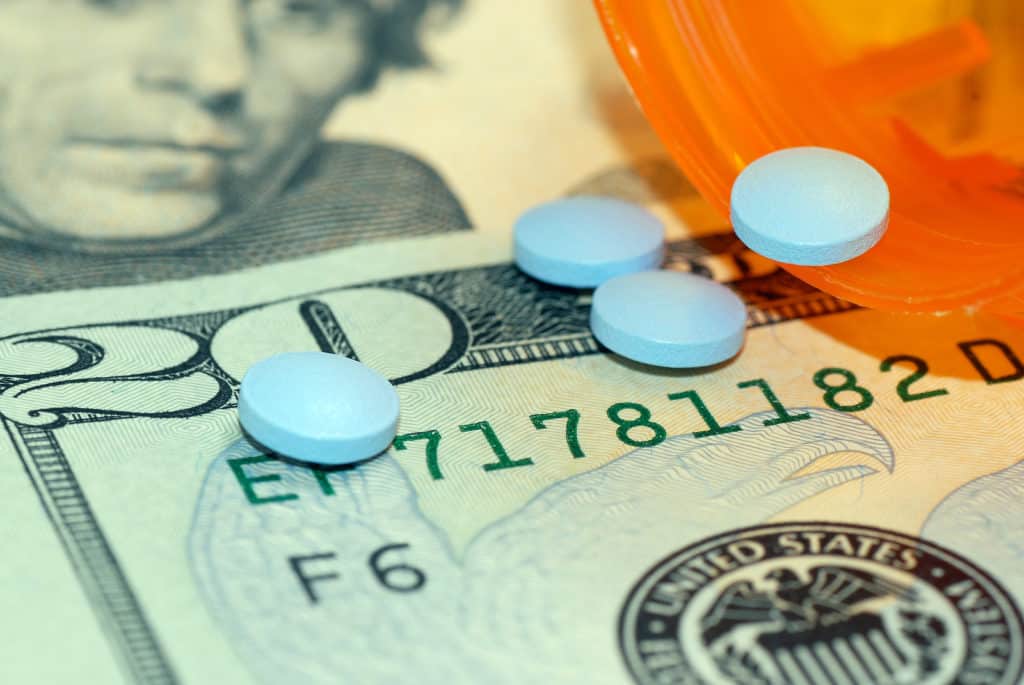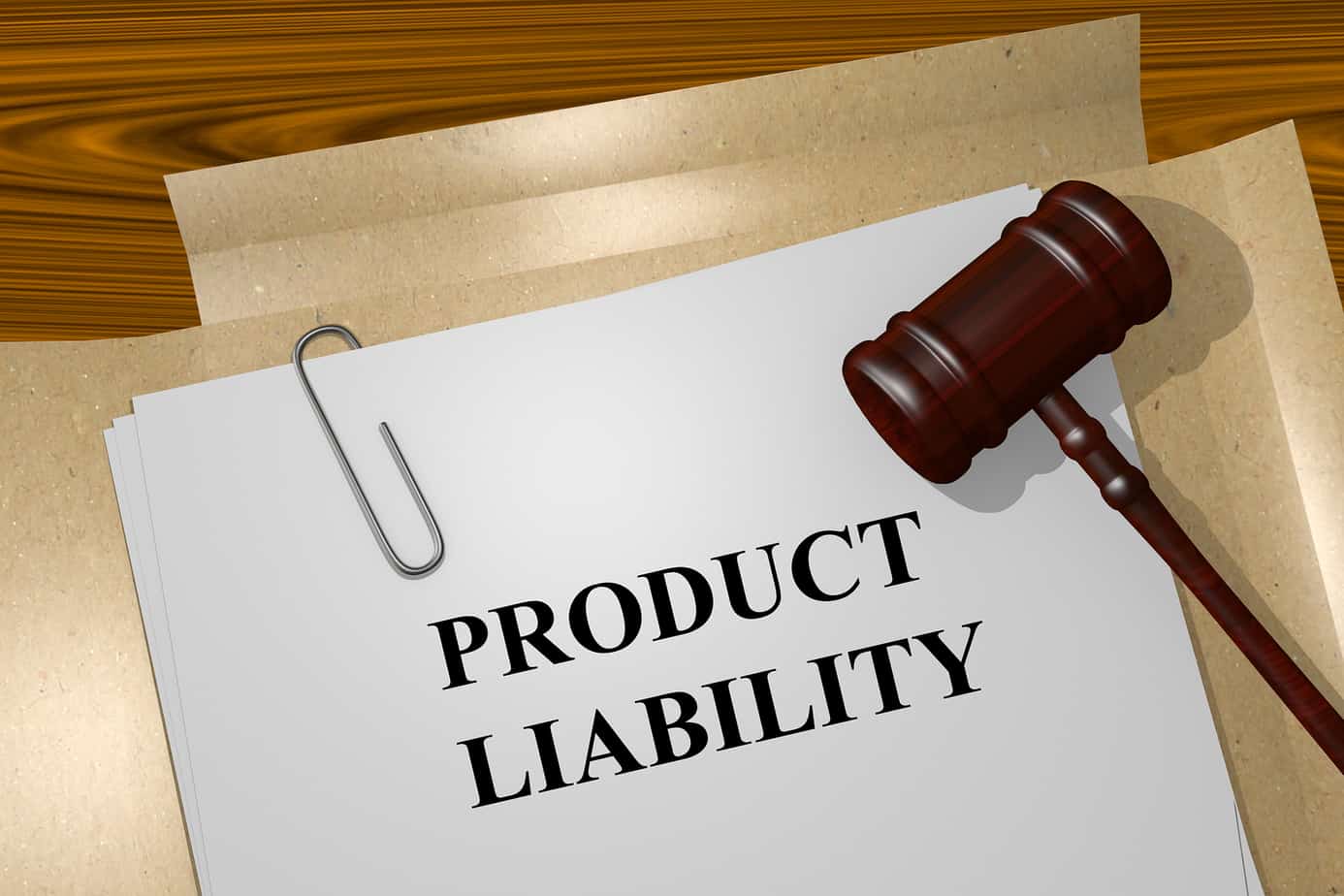The Department of Health and Human Services has a new idea for helping to cut the costs of prescriptions to consumers by eliminating drug rebates and passing the savings on to consumers directly. The proposal goes even further by leaving manufacturers and pharmacy benefit managers open to legal action if they are found to participate in these rebate agreements some would call kickbacks.
HHS Secretary, Alex Azar, believes the historic action is long overdue in a system that has been left to languish in a “broken status quo” that served more special interests and fewer patient interests, leaving ordinary Americans and especially American seniors to pay the price. He goes on to urge both political parties who claim to be heavily invested in solving the problem of outrageous drug pricing and shady practices to turn this proposal into legislation and put it into effect right away.
While far from perfect, for reducing prescription costs to Americans, roughly 30 percent of Medicare Part D participants will see a notable savings under the plan. It is certainly a step in the right direction. Of course, individual savings will vary according to the specific drugs patients take. For instance, patients who typically experience higher drug costs stand to save more under the HHS proposal.
The goal is to continue making positive steps and build on this effort to cut costs to patients across the country. With a goal of having drug makers compete to offer the lowest out-of-pocket prices for consumers rather than the highest.
How will this proposal help patients here and now? If it passes into law, the effects will be immediate once the law goes into effect, assuming drug makers take the additional step and pass the savings rebates offer on to the patients who need the drugs most. The idea is that by eliminating the rebate incentives to drug makers, the focus will shift from providing the best medications to meet the needs of patients rather than the most profitable medications for drug companies.
By offering lower prices and competing openly, drug makers will be encouraged to offer more affordable prices for patients and boost profits with quantity rather than costs. While only time will tell if the proposal does pass into law, the pressure is on both parties to deliver the goods for consumers by passing this into law with bipartisan support.



